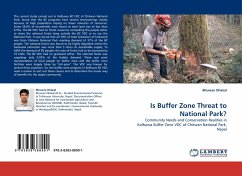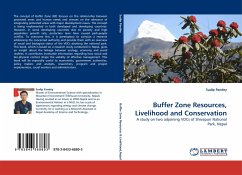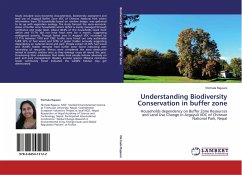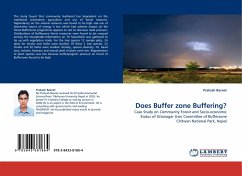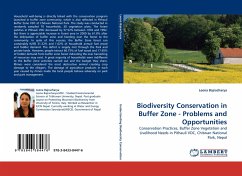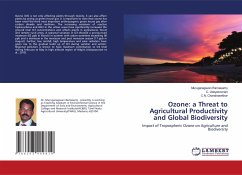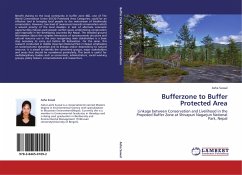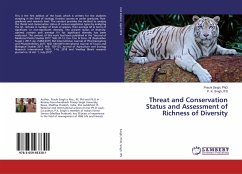The current study carried out in Kolhuwa BZ VDC of Chitwan National Park; found that the BZ programs have several shortcomings mainly because of high population relying on fewer amounts of resources. Some 58.8% of households were found to have land size of less than 0.5ha. The BZ VDC had no forest resources compelling the people either to share the national forest lying outside the BZ VDC or to use the National Park. It was found that 42.78% of total extraction of fuelwood was from Chitwan National Park meeting demand of 37% of the BZ people. The national forest was found to be highly degraded where the fuelwood extraction was more than 5 times its sustainable supply. To fulfill the demand of BZ people; the area of forest had to be increased by 16 folds. The BZ VDC had no grassland either. The national forest was supplying only 0.05% of the fodder demand. There was poor representation of local people on buffer zone and the buffer zone facilities were largely taken by "rich-poor".The VDC was known for several rhino poachers. So, the buffer zone program in Kolhuwa BZ VDC need a review to sort out these causes and to determine the newer way of benefits for the target community.
Bitte wählen Sie Ihr Anliegen aus.
Rechnungen
Retourenschein anfordern
Bestellstatus
Storno

